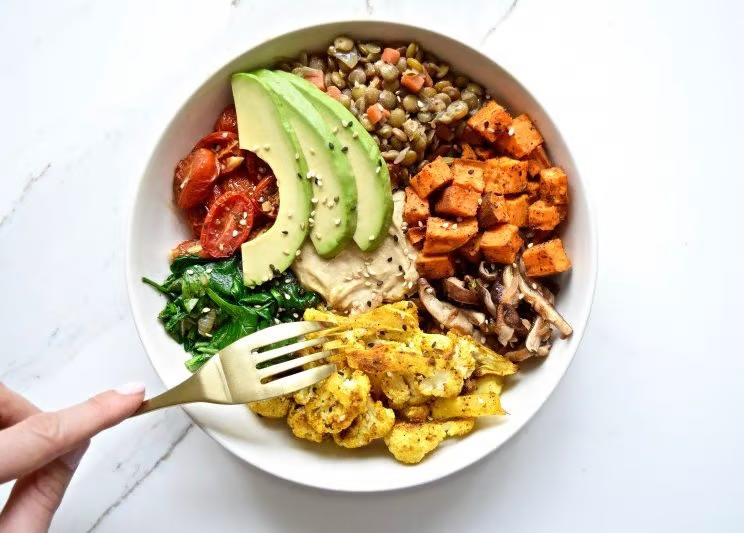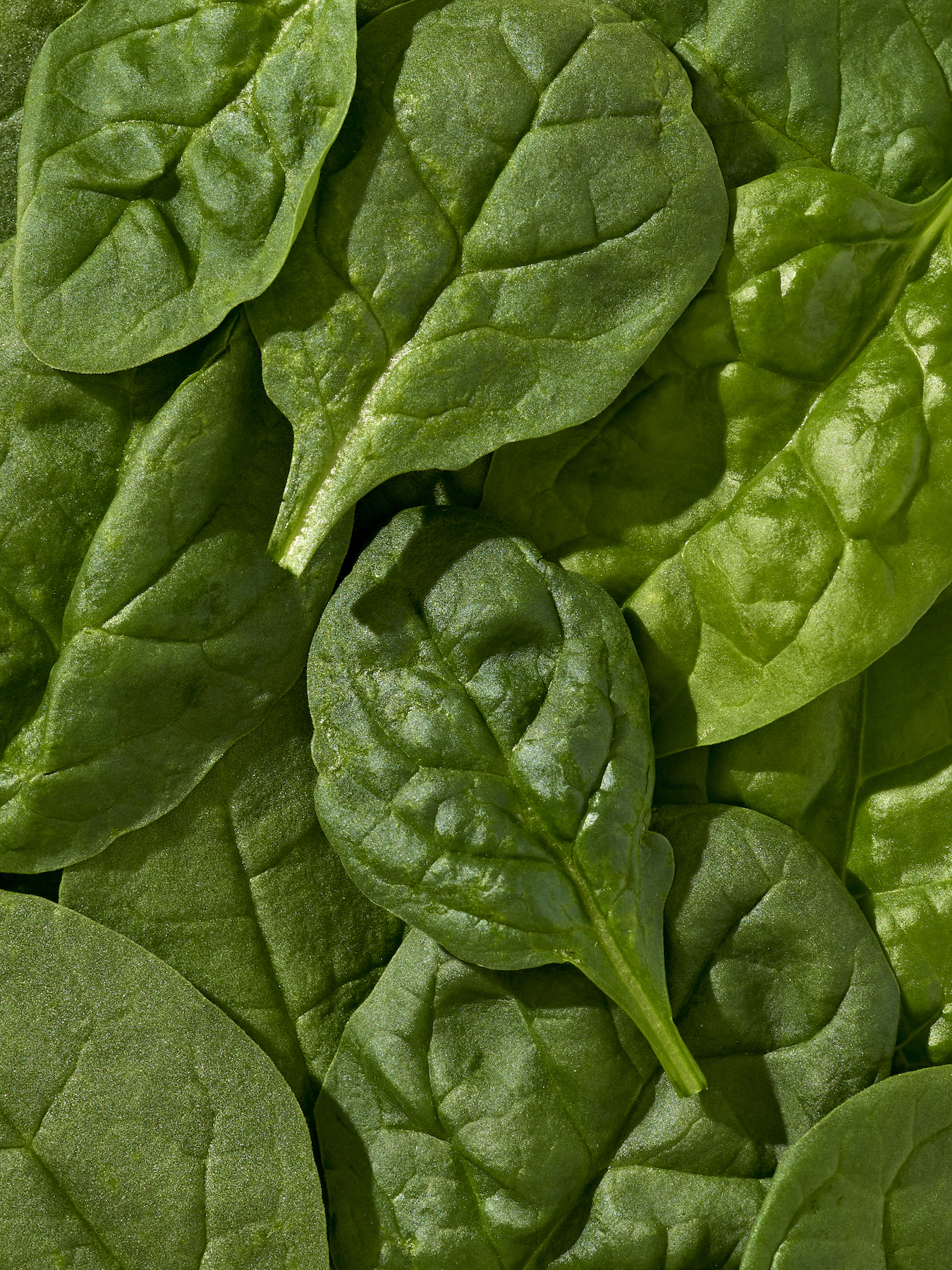Eating Right With PCOS: A Comprehensive Guide
Polycystic Ovary Syndrome (PCOS) is a condition that has gained significant attention over the years, not only due to its impact on reproductive health but also because of the broader metabolic and hormonal challenges it presents. For many individuals, PCOS symptoms, ranging from weight gain and irregular periods to more severe manifestations, often become a distressing part of their daily life.
A crucial player in this condition is insulin resistance. Under normal circumstances, insulin, a hormone produced by the pancreas, assists cells in absorbing glucose for energy. However, insulin resistance makes this process inefficient, leading to elevated blood sugar levels. This imbalance is often seen in those with PCOS, creating a chain reaction that can exacerbate hormonal imbalances.
While PCOS has no singular cause or cure, there's a glimmer of hope in the PCOS-friendly diet. While there isn’t a specific diet called the PCOS diet, there are healthy eating approaches tailored to manage insulin levels and promote insulin sensitivity. Doing so aims to bring hormone levels back into balance, support a regular menstrual cycle, and mitigate the effects of chronic inflammation, often associated with PCOS.
One approach that has garnered interest is the ketogenic diet. By focusing on low-carb, high-fat foods, the keto diet aims to regulate blood sugar levels and, in turn, insulin production. While it's not the only option, its principles provide insights into how food influences our metabolic responses.
The repercussions of polycystic ovarian syndrome extend beyond fertility concerns and reproductive hormone levels. The significance of maintaining a balanced diet and weight becomes clear with PCOS’s links to metabolic syndrome, a cluster of conditions increasing heart disease risk, and chronic inflammation. For many with PCOS, weight loss and management isn’t just about aesthetics; it's about health, hormonal balance, and quality of life.
While general dietary guidelines can offer a foundation for understanding the impact of food on PCOS, it's essential to recognize the uniqueness of each individual's health needs. Consulting with a registered dietitian or a trusted healthcare provider is critical to obtaining a customized and tailored diet plan that aligns with your specific needs. They possess the expertise and training to assess your unique circumstances, medical history, and daily routine. With this in-depth understanding, they can offer nuanced advice on how diet can influence your day-to-day well-being and play a pivotal role in managing PCOS symptoms.
Through this guide, we'll provide insights into foods that can either alleviate or aggravate PCOS symptoms, and we'll also share some inspired recipes for your next meal.
Do you find yourself constantly on the go but still want to indulge in healthy foods? The expert chefs at Hungryroot have crafted various delicious recipes and groceries delivered straight to your doorstep. Whether juggling work, family, or other commitments, Hungryroot helps you enjoy mouthwatering foods without compromising your health goals. Get started today by taking our personalized quiz and start your health journey right from day one!
What foods should you avoid with PCOS?
Managing PCOS often requires careful consideration of one's diet. Some foods may exacerbate symptoms or contribute to insulin resistance, making it vital for individuals with PCOS to be discerning in their food choices. Among the foods typically recommended to be limited or avoided are:
- Refined Carbohydrates: Such as white bread, pastries, and other highly processed foods. These can cause rapid spikes in blood sugar levels, worsening insulin resistance.
- Sugary Beverages: Including sodas, sweetened teas, and sugary fruit drinks, which can lead to weight gain and increased blood sugar levels.
- Processed Meats: Items like sausages, bacon, and deli meats often contain unhealthy fats and additives that can contribute to inflammation.
- Fried Foods: Such as french fries, fried chicken, and doughnuts, which are typically high in trans fats and can exacerbate insulin resistance.
- Excessive Dairy: Particularly full-fat varieties, as some studies suggest a link between high dairy consumption and PCOS symptoms.
By minimizing the intake of these foods, individuals with PCOS can potentially reduce symptom severity and improve overall health outcomes.
What foods to enjoy with PCOS?
When navigating the dietary landscape with PCOS, focusing on nutrient-rich foods that stabilize blood sugar and reduce inflammation can make a difference. Consuming the right foods can help manage symptoms and promote overall well-being. Here are some foods that are typically recommended for those with PCOS:
- Whole Grains: Like quinoa, barley, and oats, which release glucose slowly into the bloodstream, helping in maintaining steady blood sugar levels.
- Leafy Greens: Spinach, kale, and chard are packed with essential nutrients and have a low glycemic index, making them ideal for those with PCOS.
- Fatty Fish: Options such as salmon, mackerel, and sardines are rich in omega-3 fatty acids that can combat inflammation and improve insulin sensitivity.
- Nuts and Seeds: Almonds, walnuts, flaxseeds, and chia seeds, among others, provide healthy fats and can support hormone balance.
- Berries: Blueberries, strawberries, and raspberries have a lower sugar content than other fruits and are rich in antioxidants that fight inflammation.
- Legumes: Beans, lentils, and chickpeas can provide protein and fiber, which can help stabilize blood sugar.
Incorporating these foods into one's diet can be a proactive step towards managing PCOS symptoms and establishing a foundation for a healthier lifestyle.
Our Recommended Recipes

Gingery Poke Salmon + Spinach Rice Bowl: This salmon bowl draws inspiration from the Mediterranean, offering a delightful fusion of flavors. A hearty brown rice quinoa blend acts as the base, complementing the rich taste of smoked poke-style salmon. The sauteed baby spinach and zesty sesame ginger dressing further elevate this protein-packed dish. The combination of brown rice and quinoa provides a steady release of energy, making it an excellent choice for managing blood sugar levels. Moreover, salmon is rich in omega-3 fatty acids that help reduce inflammation and support heart health. With a quick preparation time of just 8 minutes, this meal effortlessly combines flavors and textures to invigorate your tastebuds.

Creamy Baked Salmon + Butternut Squash: This dish is an ideal choice for those wishing to indulge in a delicious and beneficial meal for maintaining stable blood sugar levels. Salmon filets are baked with a generous topping of spinach artichoke sauce and paired with roasted butternut squash cubes and a nourishing base of a brown rice quinoa blend. Salmon is a powerhouse of lean protein and omega-3 fatty acids, known for supporting cardiovascular health, and the brown rice and quinoa combination ensures a balanced release of energy, making this recipe a healthy option for your next meal.

Creamy Garlic Grilled Chicken + Green Beans Bowl: This is a tasty and beneficial dish for managing blood sugar. Seasoned grilled chicken breast is layered on top of a brown rice quinoa blend and paired with a serving of trimmed green beans steamed to retain their natural sweetness. To elevate the flavors, a drizzle of creamy cashew parm sauce brings a garlicky and nutty note to the dish. The grilled chicken provides substantial protein, facilitating muscle maintenance. Besides adding a crunch, green beans are a low-glycemic vegetable filled with vitamins and fiber, further assisting in blood sugar regulation. This meal embodies health all in one bowl of Mediterranean flavor.

Grilled Chicken Brussels Protein Bowl: This healthy bowl delivers a wholesome and flavorful experience in every bite. Grilled chicken is complemented by a hearty mix of lentil quinoa rice and finely shaved Brussels sprouts. The finishing touch, a splash of house dressing, brings the dish together. Incorporating grains, legumes, and brussels sprouts ensures a consistent energy release due to their low glycemic index properties. This bowl blends Mediterranean flavors with nutrition, making it an ideal choice for those watching their blood sugar levels.
We know life can get hectic, but sticking to your healthy lifestyle should be easy. That's why Hungryroot brings custom-selected, healthy groceries that magically turn into delicious recipes delivered right to your door. Our seamless process frees up your valuable time and helps you effortlessly embrace a healthy lifestyle. Let us be your trusted partner on your journey to health — because you deserve to feel good, inside and out.
Start your health journey by taking our personalized quiz to get your recipe and grocery recommendations.
Recommended Reading




